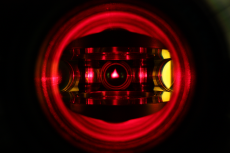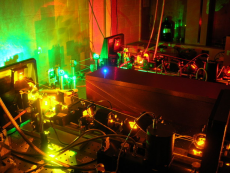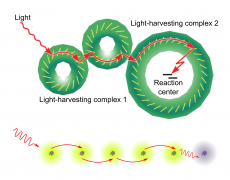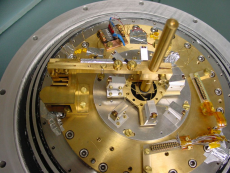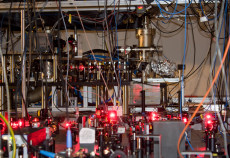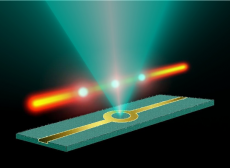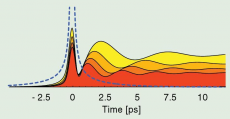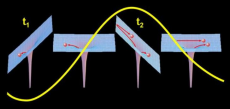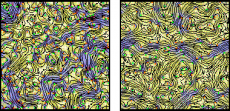CQD Special Seminar
17. February 2020 11:15
Seminar room 2.404, Kirchhoff-Institut für Physik, INF 227Activating new universality with the Kibble-Zurek mechanism
Dr. Steven Mathey
Institute for Theoretical Physics, University of Cologne
The Kibble-Zurek mechanism takes place when a system is slowly driven through a second order phase transition. This produces a diabatic freeze out of critical fluctuations and cuts off the divergence of the correlation length. Recasting this problem in a systematic RG formulation, we show that the slow drive can be used to activate not only the leading critical exponents of the underlying equilibrium problem, but the full critical exponent spectrum. We thus uncover an aspect of the Kibble-Zurek phenomenology, where the underlying equilibrium critical physics provides multiple universal scaling regimes.

